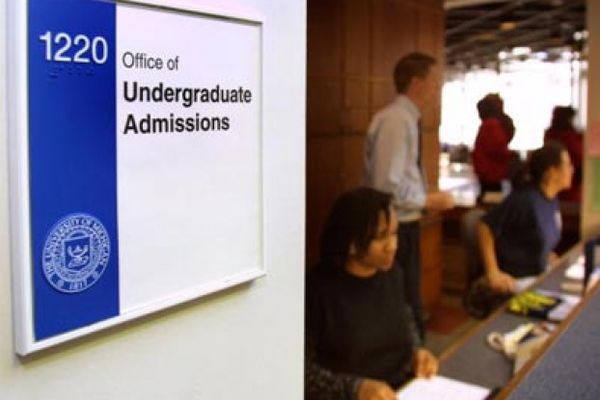With a computer, an Internet connection and a little self-discipline, you can earn a degree from home, work, or anywhere else for that matter. Online degree programs follow much the same routines as traditional learning, with a few twists. There are lectures, but they won't be in person. There are assignments, but you won't hand them to your instructor. There are exams, but you won't be able to look at your neighbor's paper. There may be a set time that "class" begins, but you don't have to be there then. In most situations, you are free to "go to class" when it fits your schedule. If you get a phone call during class, you don't have to miss anything. If you get sick, you don't have to ask for someone's notes, you just visit the lecture later.
You'll communicate with your instructor by e-mail, chat rooms, bulletin boards, and instant messaging. Your classroom will live in a special software program that uses text chat and bulletin boards, as well as streaming audio or recorded lectures. You may be put into a virtual workgroup with other students and be required to solve a problem. You may have to work through interactive puzzles and quizzes. Contrary to popular belief, you will have contact with other students and the instructor.
In fact, faculty/student contact at Duke University's Global Executive MBA program is significantly greater than in other Executive MBA programs. Its Web site states that this is because of the 24-hours-a-day, seven-days-a-week nature of Internet-mediated learning. It states that the faculty hold weekly real-time office hours, as well as monitor class and team bulletin board discussions and respond to e-mail on a regular basis. On average, faculty will respond to questions from students within 24 to 48 hours.
Depending on the program and institution, distance learning may consist of synchronous (live) sessions or asynchronous (non-live) sessions. Transcripts and notes from lectures are archived, so you can always go back if you missed something. If there are live sessions with discussions among students, you can go back to those as well. Assignments may even be returned with audio clips so your instructors can convey their tone of voice along with their comments.
Printed documents may be sent to you through the mail, or you may have the options of printing them yourself or reading them online.
Some schools require an initial "boot camp" held at the campus (if there is one), where you will meet the other students, instructors and support personnel. You'll learn how to use the technology, learn about the library and reference systems, and begin your coursework.
Here are some samples of what you might experience online:
- Georgia Tech has a sample lecture page.
- New York University has a demo page for their online program The Virtual College.
There are many different presentation and management techniques for online learning. Instructors team with Web developers and instructional designers to put together their courses. The result is (hopefully) a high-tech, interactive and very effective learning experience.
For more information about the psychology of online learning, and more in-depth information about what makes it effective, check out How E-learning Works.


